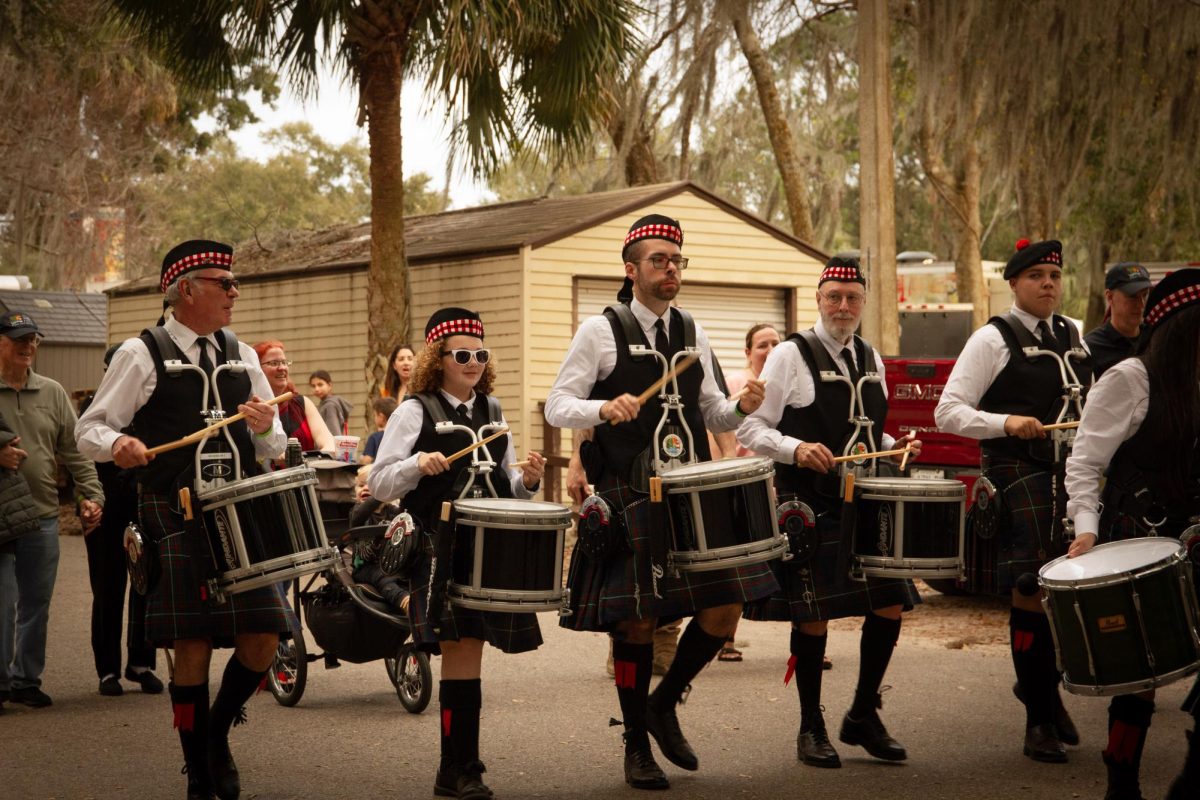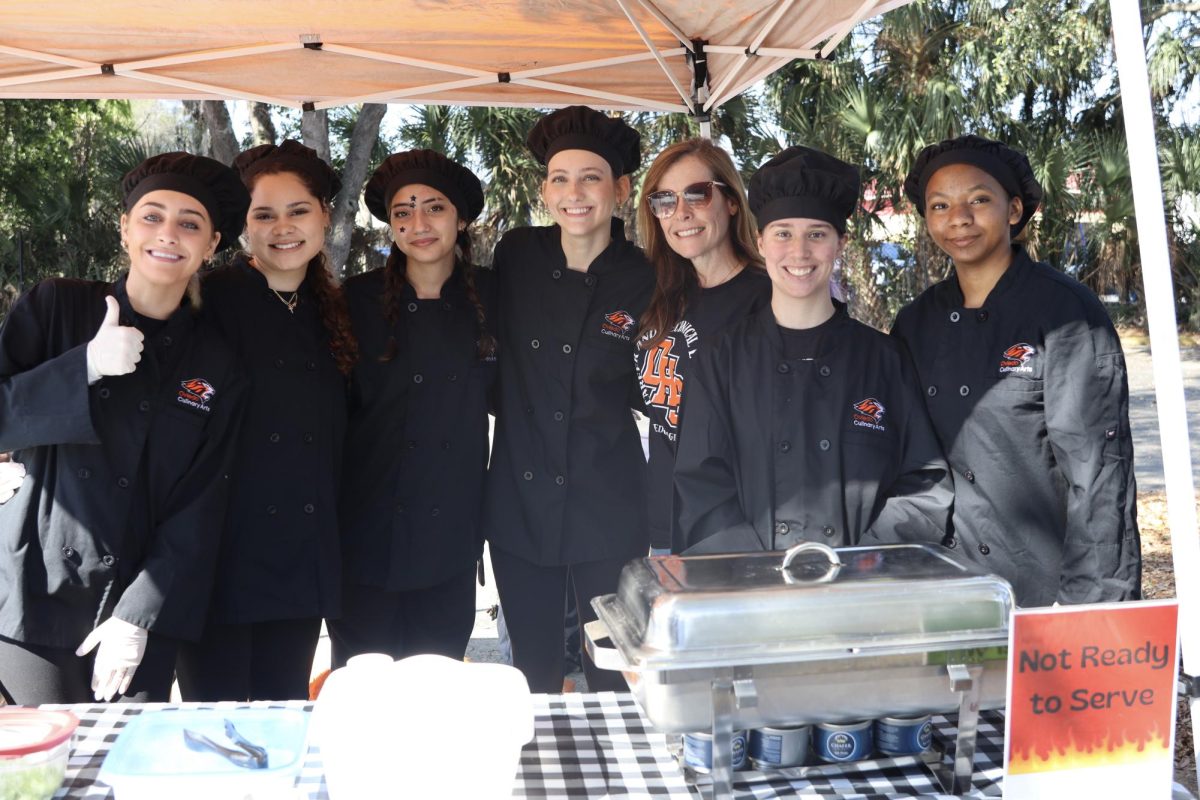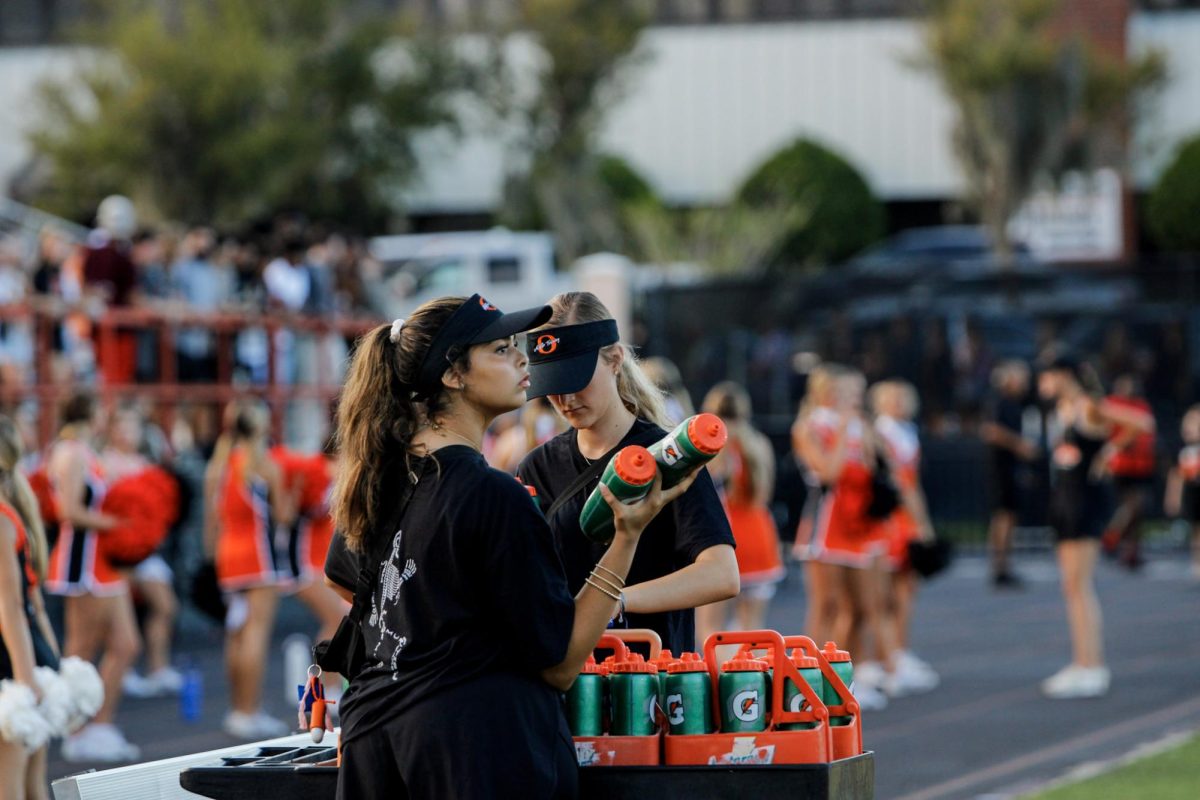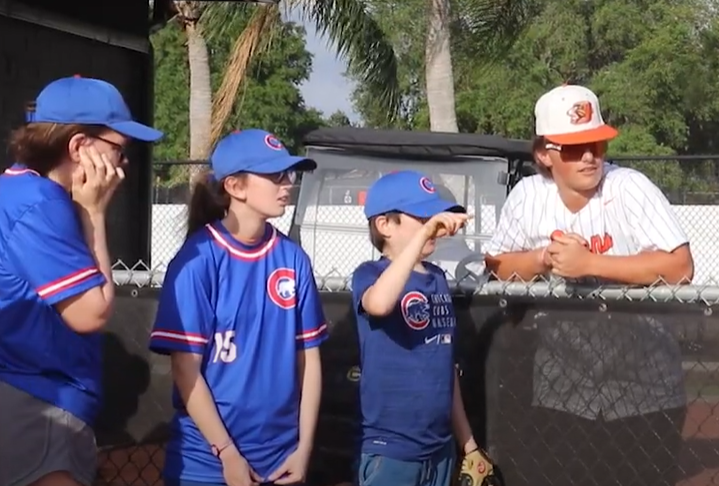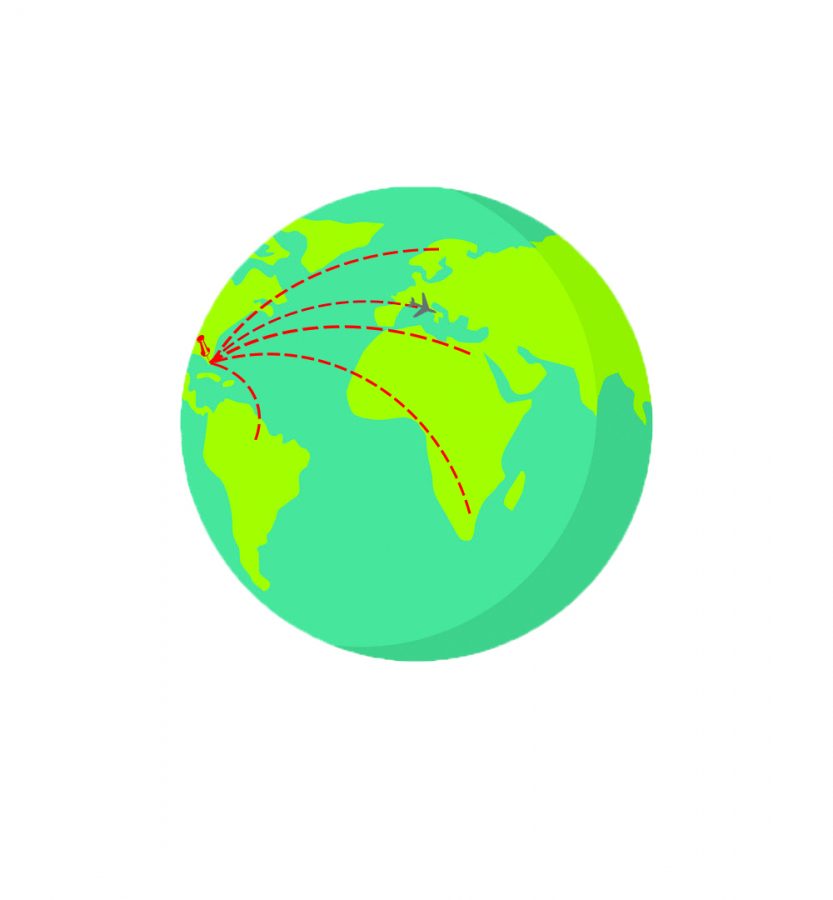Coronavirus hinders spring break travels
WEB EXCLUSIVE
As people are preparing their spring break plans, the coronavirus might be a large prohibitive factor as it is spreading rapidly throughout the world. The coronavirus is a new virus that originated out of Hubei, in the Wuhan Province in China. Patient Zero, Steve Walsh, traveled to a ski resort in France, which led the virus to spread worldwide. The virus itself has been named SARS-CoV-2 and the disease itself has been dubbed COVID-19. The Center for Disease Control (CDC) and the World Health Organization (WHO) are concerned about what the upcoming spring break could mean for this global pandemic.
Even though the virus has had worldwide impacts, Oviedo High School is also feeling the effects of this global disease.
Biotechnology teacher Kathy Savage has a background in chemistry and biology, and has added the coronavirus to her lesson plans to help educate students on its effects.
“COVID-19 is one member of a large family of viruses that are transmitted between humans and animals. They all primarily cause respiratory symptoms such as coughing and shortness of breath. In the case of COVID-19, [it] can lead to pneumonia, much like the common cold,” Savage said.
The virus itself is highly contagious but the mortality rate is relatively low and seems to greatly impact the elderly over younger generations.
“COVID-19 is not as deadly as the common flu, but it does seem to be transmitted from person to person much more readily,” Savage said. “In the end, due to sheer numbers of people who may get COVID-19, there may be more deaths than from the common flu, but that remains to be seen.”
Still, the spread of the virus has worried students and their parents ahead of spring break, a key travel time in the school year.
Senior Mattew Camp is traveling to Italy for spring break and the recent quarantine placed on two major cities in Italy, Lombardy and Venice, may have an effect on his plans. So far Italy has experienced over 10,000 cases and a death toll of 631.
“Currently the quarantine has minimal impact on my trip. If the quarantine intensifies, I will reroute my trip to other places in Italy. I am not bothered by it as the Italian government has taken extensive measures to ensure the safety of everyone,” Camp said.
For students staying in the country, they could still run into problems at home. Here in Florida, there have been 14 cases so far, but the state announced it will be preparing for more.
Savage foresees that a major problem that will occur here is the shortage of diagnostic tools such as test kits.
“Tracking the disease is an important part of being able to control it, but if you don’t have the test kits available or testing is denied for some reason, then people who have COVID-19 may be released from doctor’s offices or emergency rooms and that puts the virus back out in circulation,” Savage said.
The WHO has been monitoring the spread of the disease cautiously, and the most recent fear is the transition of COVID-19 from an epidemic to a pandemic.
Savage said the current situation reminds her of her youth, when similar diseases were spread in her local community. When these occurred, quarantine was a popular option.
“There was a mother who was terrified her son would get polio and so kept him inside. My mom remembers him waving to his friends outside playing through the front window of his home and how badly they all felt for him. He was the only child in the neighborhood who got polio,” Savage said.
The most important thing, she said, to stop these types of illnesses, is to be prepared and take precautions.
“Wash your hands often and cover your mouth with your elbow when you cough or sneeze. Nothing more,” she said.
Your donation will support the student journalists of Oviedo High School. Your contribution will allow us to purchase equipment and cover our annual website hosting and printing costs. Thank you!



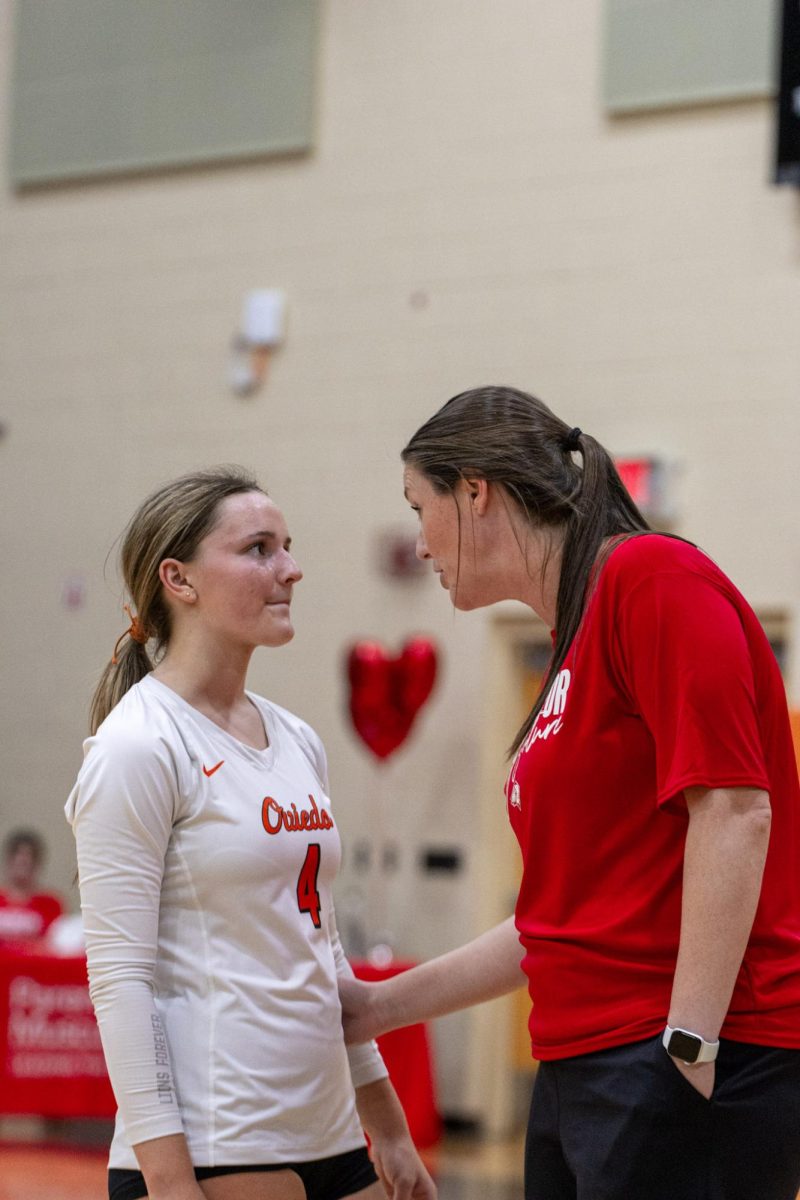
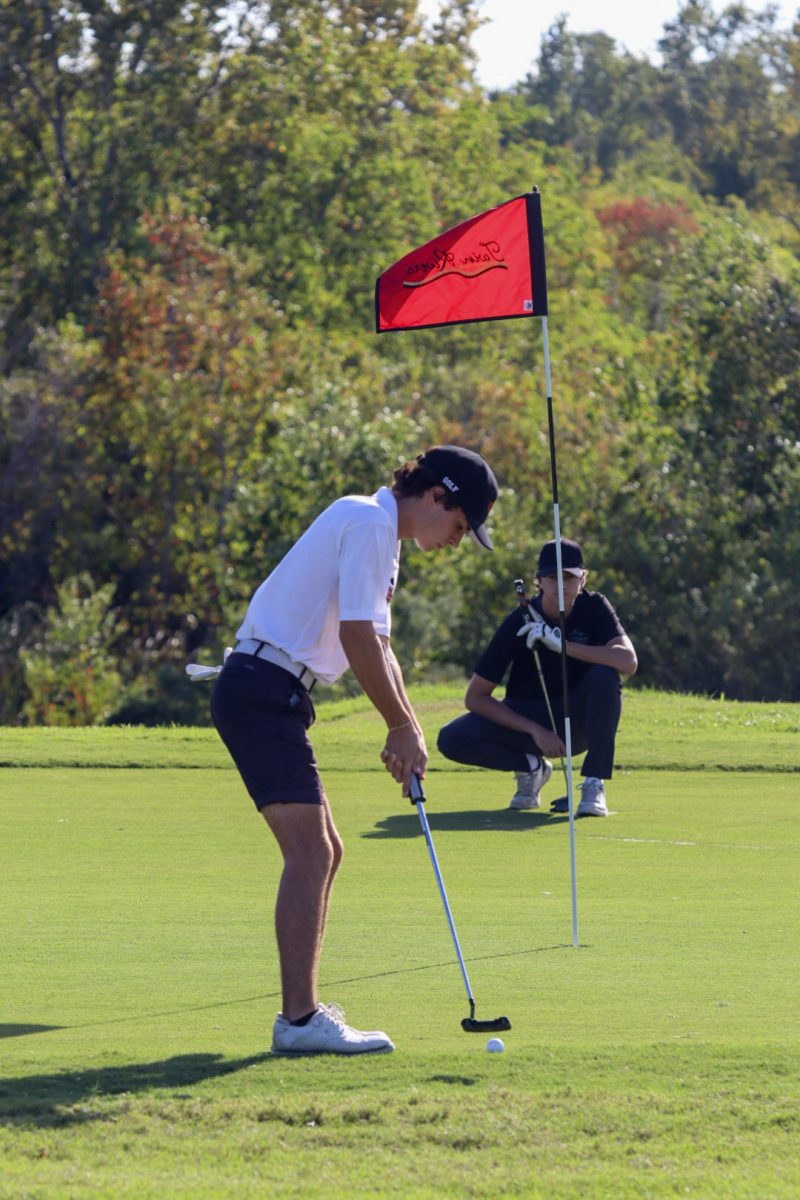

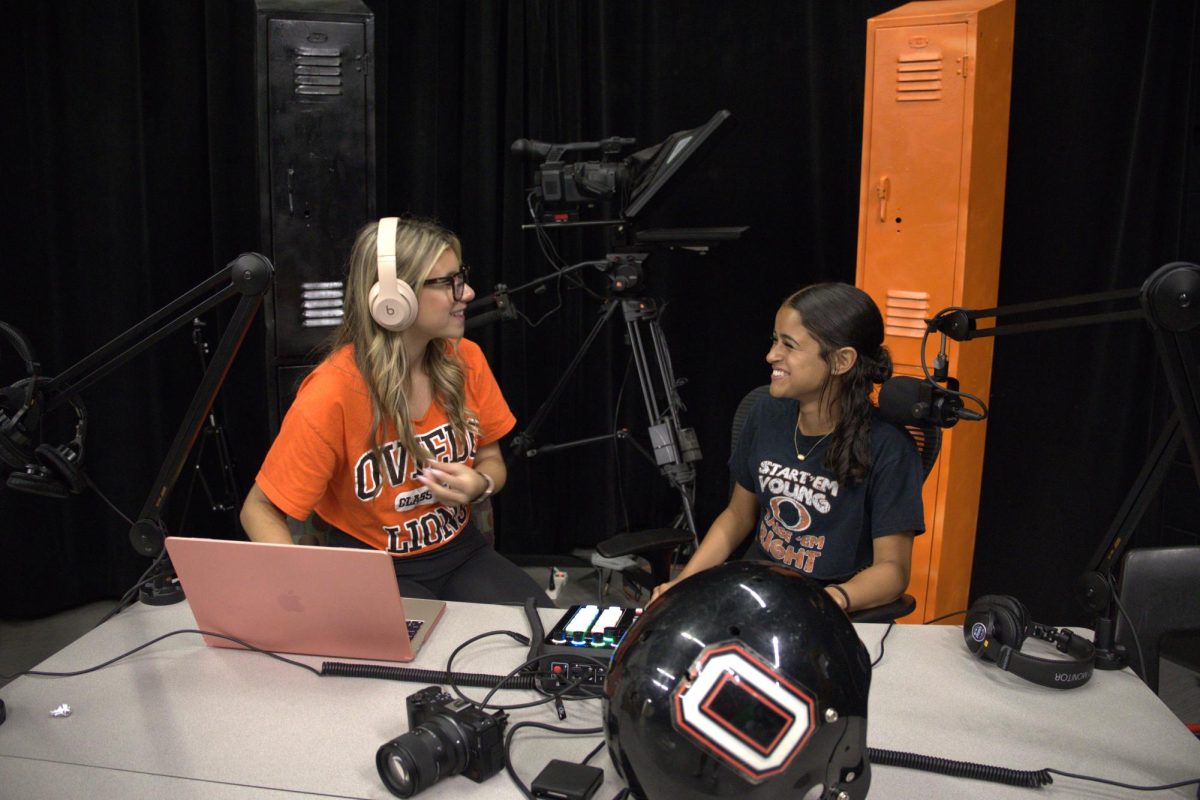

![Prom king Colin Napier and queen Leah Hopkins dance the night away during the Golden Gala on April 26th. Prior to the prom, the Student Government must make many preparations over the course of months in order to ensure it goes off without a hitch. However, their work eventually pays off when it comes time for the dance. “We set up [the prom] the day before, and it’s horrible. We’re there for a very long time, and then we get our beauty sleep, and then we get ready for prom the next day,” Aubrie Sandifer said.](https://oviedojournalism.com/wp-content/uploads/2025/05/Oviedo-197-800x1200.jpg)
